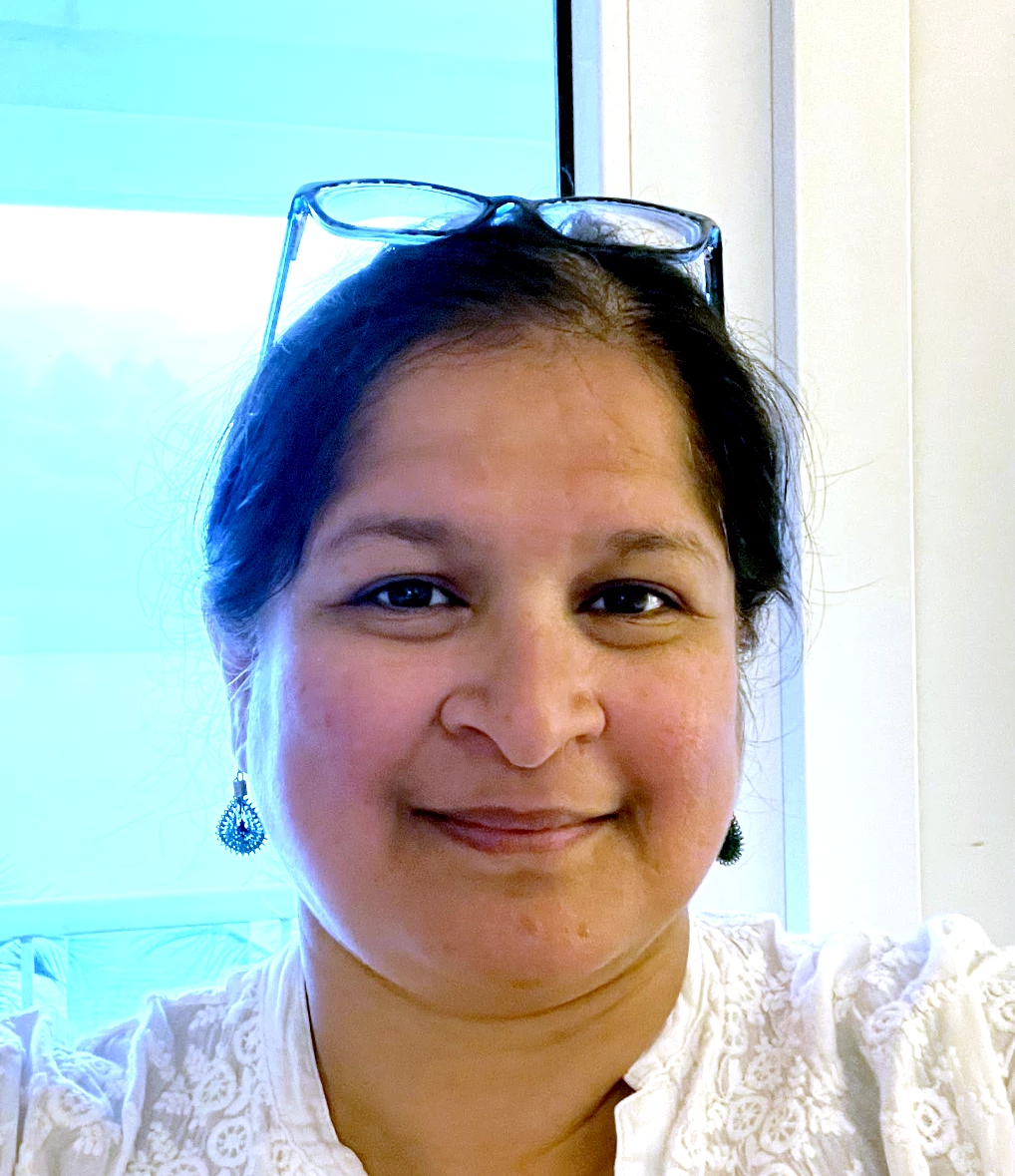
This morning, on my way to an advocacy event on “Delivering for Girls, Women, and Babies” at the Waldorf Astoria hotel in New York, I was thinking about a pregnant Tanzanian woman in a film preview I saw recently. The preview of No Woman, No Cry had captured with terrifying clarity the helplessness of a sick pregnant woman in a remote village in Tanzania. I couldn’t help thinking the Manhattan streets around me were far removed from such painful realities.
But, as Graca Machel pointed out during the event, this wasn’t always the case. A women’s hospital had once occupied the site of the historic Waldorf Astoria—it was in fact the last hospital in the United States for women with obstetric fistulas. “We should make every fistula hospital in the world just as unnecessary as this one was found to be,” Machel said.
Machel and other advocates called for this week’s UN General Assembly meetings in the city to be a true turning point for women’s survival, an area in which there has been comparatively slow progress. The developing world is not on track to reach the fifth Millennium Development Goal, a goal that calls for a large reduction in maternal mortality by 2015.
The case for prioritizing women was made in different ways this morning. Ngozi Okonjo-Iweala, Managing Director at the World Bank, laid out the economic argument. “People are realizing that it pays to invest in women,” she said, “The world’s $12 billion annual price tag to achieve MDG 5 is a bargain as it saves the world at least $15 billion annually.”
Will this week in September 2010 go down as a turning point for women’s survival? I believe there’s hope, because countries with very few resources have made great strides, and because there’s a realization that social mobilization is key to getting results faster.
I’m repeating Ngozi’s concluding call, because we can all answer it. “When you leave here, it shouldn’t be that you came here for a week of talk,” she said, “Take one area—say, reproductive health—and be an ambassador for it. Take the words home and act on them.”
Related Links:


Join the Conversation